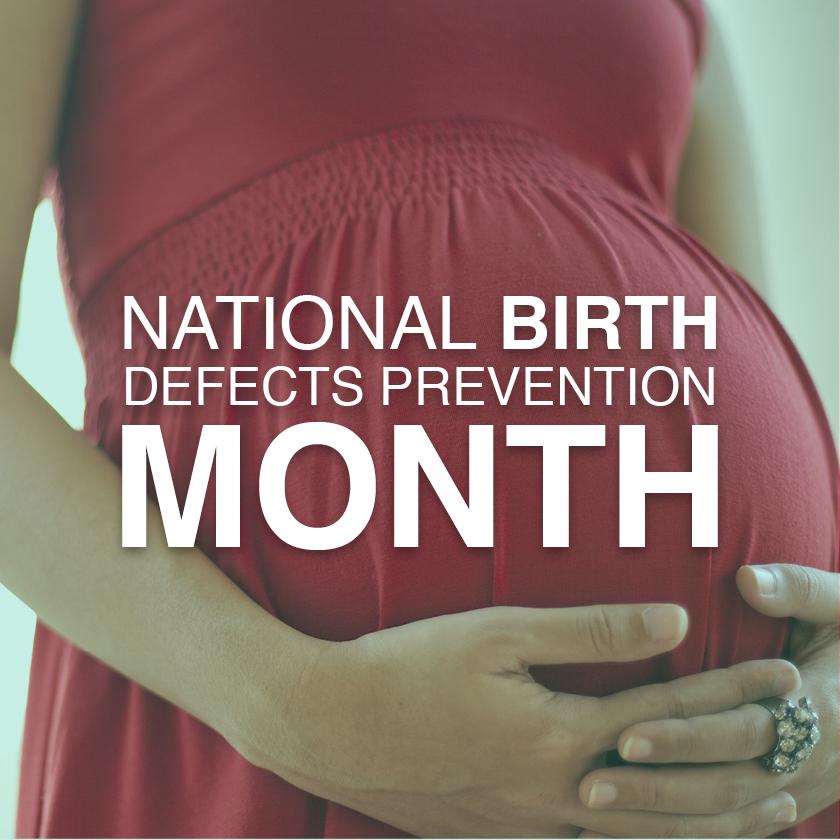Expecting a Baby
Are You Expecting a Baby?
Creating a healthy and happy life for you and your baby starts with taking care of yourself.
Taking Care of Your Body: A Healthy Pregnancy Starts with You
It’s essential to understand the changes that can happen in your body and how they affect your health, your baby’s health, and how you feel. Being healthy during pregnancy can help you feel better and recover quicker. Plus, your health affects your baby’s health.
What are some ways to stay healthy during pregnancy?
Help Your Body Recover
Help your body recover after you give birth! Make sure you go to your postpartum appointment, ideally within the first two weeks after delivery. This appointment is vital to make sure your body has healed from giving birth. The appointment is also to check on your mental health and to let your provider know if you are “just not right” emotionally. Perinatal Mood and Anxiety Disorders (PMADs), commonly known as postpartum depression (PPD), are common. Early treatment with community support, counseling, or medication are also common to help you recover and thrive in your postpartum year. PMADs affect as many as one in five women (starting in pregnancy and postpartum time frame). With help, you can be well.
Another way you can help your body recover is through Birth Spacing. Birth Spacing is when you give your body enough time to recover between pregnancies. It is recommended you wait at least 18 months between giving birth and getting pregnant again.
Stay Focused on You
This all can seem like so much to do while you’re pregnant. Delaware Thrives can help. We have many programs to help pregnant women thrive! Our Healthy Women, Healthy Babies program can help with personal health, wellness, nutrition, emotional health, and prenatal care for expecting women. Plus, it’s free!
Remember, you have the power to take control of your life and your choices. Building a life plan can help you stay focused and healthy during pregnancy but also after.
Build Your PlanEmotional Wellness Matters for Expectant Mothers
What is “emotional health”? Emotional health is how you feel about yourself and your relationships. It’s how you handle stress and deal with your problems. Life is stressful, and pregnancy doesn’t change that. But too much stress can be negative for you and your baby.
Tips to Deal with StressNational Maternal Mental Health Hotline
Pregnant women and new moms can call or text 1-833-TLC-MAMA (1-833-852-6262)
Help Your Baby Thrive
Nine months go by fast! Get ready to welcome your little one into the world with these tips.
Kicks Count
Did you know your baby’s kicks tell you something? Counting kicks during every pregnancy is important, even if you’ve delivered healthy babies before. In your third trimester, you want to count 10 kicks in two hours. If you do not count 10 in two hours, contact your health care provider. Not feeling 10 kicks doesn’t mean something is wrong with the baby, but it’s better to be sure. No matter what time of day or day of the week, if there is no response, go directly to the emergency department to be checked out. Tell them, “My baby isn’t moving.” The hospital staff will check on you and the baby to make sure you both are okay.
Kicks CountPlan to Go All the Way
Give your baby all the time they need to grow! An early, planned labor or cesarean delivery that is not medically necessary is not healthy for the baby. Babies born earlier than 39 weeks are more likely to have health problems. Doing all you can to carry your baby to full term will give them those last weeks to develop. Your baby’s brain, vital organs, and senses grow quickly in that time.

Evidence-Based Home Visiting
The Home Visiting Program welcomes families who are expecting a baby or have a young child at home up to age five (5) years. It is a free program for Delaware women that offers personal health, wellness, nutrition, mental health, and prenatal care. Learn more today by dialing 2-1-1 for Help Me Grow.

The 4th Trimester
The phrase “4th Trimester” emphasizes the interconnected physical and emotional relationships among women, infants, and family/others over the days and weeks after childbirth.

Assistance in Finding a Daycare
If you work or are in school, now is the time to plan ahead. Finding childcare is an important step. Need help? The first step to finding the right childcare

Know Developmental Milestones
Knowing the typical behaviors for certain age groups can help you keep track of your child’s development by looking forward to what your baby can do next. All babies are different, but there are general developmental milestones. To help with these milestones, Delaware Thrives has programs like our Books Balls & Blocks program. It can help you learn how to play with your baby while also teaching developmental skills. It can also help you figure out if your child’s growth is on track.
Need Help with Abuse?
Family changes and the pressure that comes with them can lead to physical and/or emotional violence in the home.
If you are in immediate danger, call 911.
If you are in an abusive relationship, or know someone who is, call your local 24-hour domestic violence hotline to learn about all of your options, including shelter, legal assistance, support groups, and more. The hotline staff can help you create a safety plan personalized for your situation.
The Delaware Coalition Against Domestic Violence offers a 24-hour intimate partner violence hotline.
Breaking Down Barriers
Help us improve health outcomes for women of color. Spread the word about Health Equity. It’s the chance for everyone to make the choices to stay healthy. One way to help health equity is to remove the barriers causing infant and maternal mortality and birth disparities. Want to talk more about health equity? Hear from women like you and even share your own story.
Services in Delaware
It’s important to have regular visits with a health care provider. Free medical care might even be available for you through the State of Delaware. To find preconception or prenatal health services near you, dial 2-1-1 toll-free or text your ZIP code to 898211. Or find a provider.


